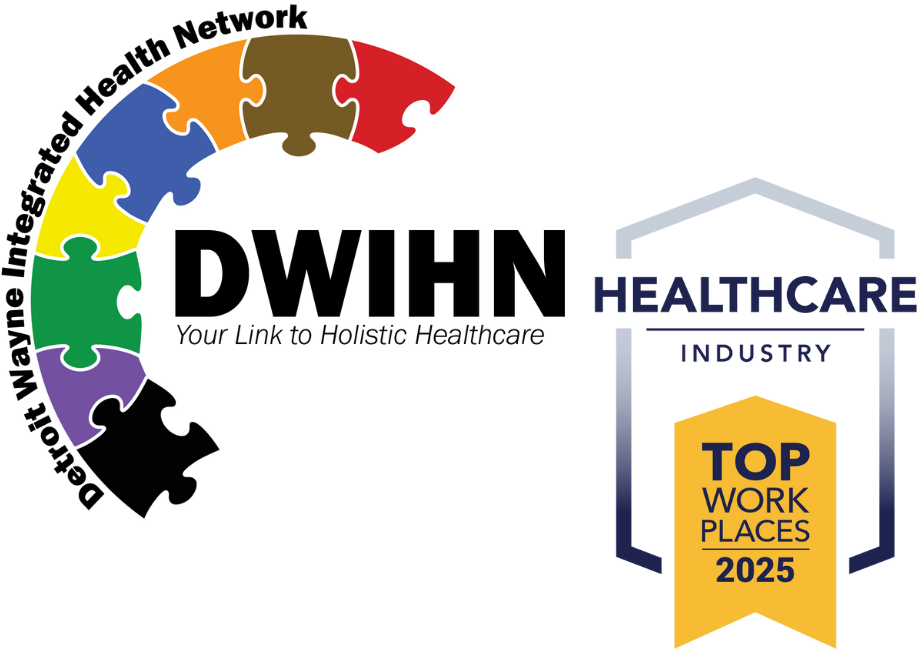Intellectual/Development Disabilities
What are Intellectual and Developmental Disabilities?
"Developmental Disabilities" is an umbrella term that includes intellectual disability but also includes other disabilities that are apparent during childhood. Developmental disability is a severe, long term disability that can affect cognitive ability, physical functioning, or both. These disabilities appear before age 22 and are likely to be life-long. The term “developmental disability” encompasses intellectual disability but also includes physical disabilities. Some developmental disabilities may be solely physical, such as such as cerebral palsy or epilepsy. Others involve both physical and intellectual disabilities stemming from genetic or other causes, such as Down syndrome and fetal alcohol syndrome.
Intellectual disability encompasses the “cognitive” part of this definition, that is, a disability that is broadly related to thought processes. Intellectual disability refers to a group of disorders characterized by a limited mental capacity and difficulty with adaptive behaviors such as managing money, schedules and routines, or social interactions. Intellectual disability originates before the age of 18 and may result from physical causes, such as problems during pregnancy, childbirth or from illness or injury. Genetic conditions such as Down Syndrome and Fragile X are examples of Intellectual disabilities.
Early diagnosis and ongoing interventions can improve adaptive functioning throughout one's childhood and into adulthood. With ongoing support and interventions, children with intellectual/ developmental disabilities can achieve many things.
What services are offered?
-
Assistive Technology
-
Home-based Services
-
Mental Health Therapy and Counseling for Adults
-
Out-of-Home Non-Vocational Supports and Services
-
Peer-Delivered and Peer Specialist Services
-
Skill-Building Assistance
-
Vocational Services

